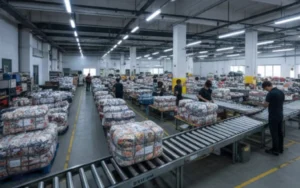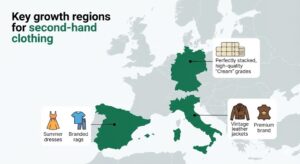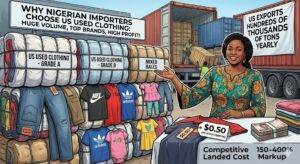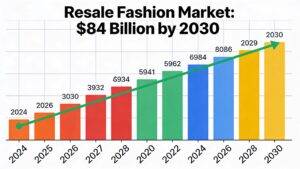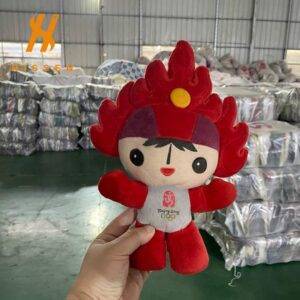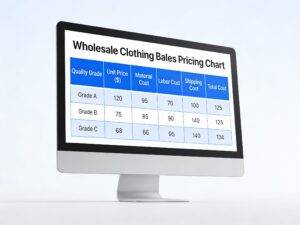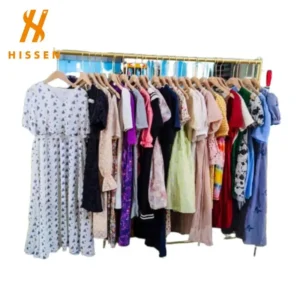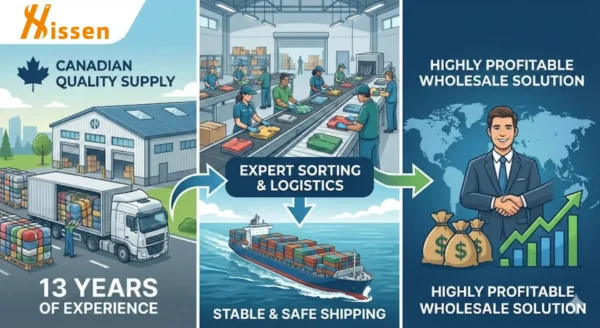How to Identify the Difference between the Prices of Second Hand Clothes A Goods and B Goods

Nothing has caused plenty of confusion in the second hand clothing business like pricing. How exactly is it calculated? Does it depend on quality alone? And how can one even maximize profits on second hand clothes? If any of these questions have crossed your mind at some point, you are not alone.
We can all agree that not every company will offer the same price on second hand clothes. However, it is essential to know what to expect from every used clothes supplier before getting into the used clothing business. In this post, we will be talking about pricing in more detail.
Precisely, we want to help you know how to identify the significant differences between the prices of second hand clothes in Grades A and B. If all of them are second hand clothes, then why the notable differences in their prices? We will be answering that and more questions in the following paragraphs.
🍑Classifying Second Hand Clothes by Price: What’s Involved?
🥭Reasons for Price Differences by Category
🍎Brief Summary
🥭Final Thoughts
Classifying Second Hand Clothes by Price: What’s Involved?
As you may probably know, the prices for second hand clothes are variable. Usually, various factors will play a role in influencing the cost of most of these items, with quality as the most notable aspect.
Typically, a seller will want to measure the value of the products against their prices, which creates the three popular grading groups in the second hand clothing business. These include grades A, B, and C.
Grade A comprises clothes in almost perfect condition with high resale value. They are also the most expensive category in the entire group.
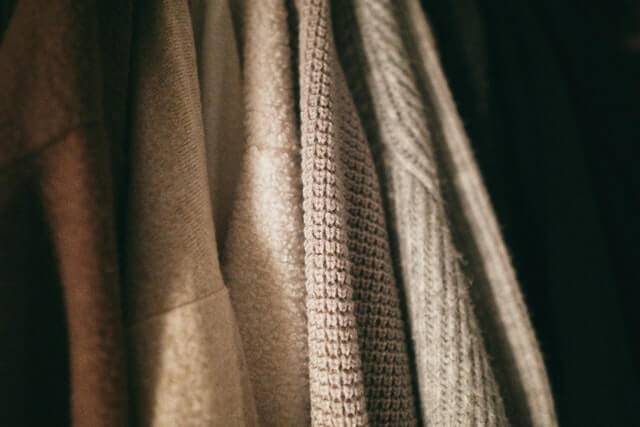
On the other hand
On the other hand, Grade B will include more popular clothes with less demand and lower prices.
In conclusion, grade C clothes don’t get much attention in the second hand clothing business, and it’s easy to see why. It is the least popular category featuring clothes with the least quality or no value at all. Most of the clothes classified under Grade C will have visible marks that are irreparable.
Aside from quality, other factors that may affect pricing include the customers or target market and the source of products. If a seller is spending a lot of money to stock second hand clothes, they will likely set higher prices on these goods to compensate for the expenses.
Reasons for Price Differences by Category
So, why the difference in pricing by category? That’s a common question that usually comes up in many conversations around the second hand clothing sector. So, let’s look at the three primary reasons for differences between the prices of second hand clothes by category;
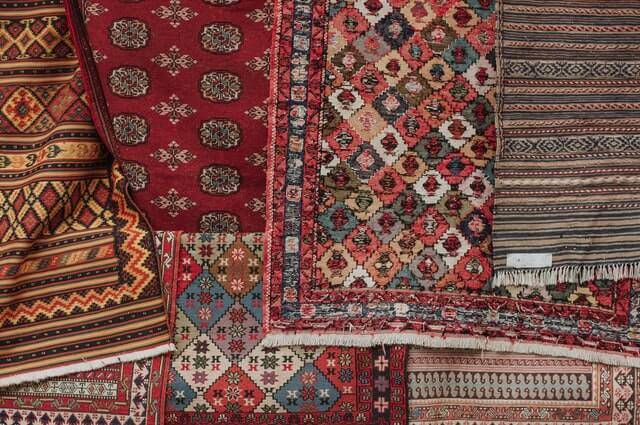
Quality is everything
We won’t lie to you here. Quality will have the most significant influence in determining the prices of second hand clothes in many stores.
They might be second-best options, but wholesale used clothing suppliers will still want to grade used clothes in different categories during sorting to match the clients’ specific needs.
Usually, three major categories are used to grade clothes in modern stores, as we have mentioned above. And as you would expect, Grade A variety comprises slightly used clothes that are still in good condition. So, they will almost certainly have higher prices compared to the other categories.
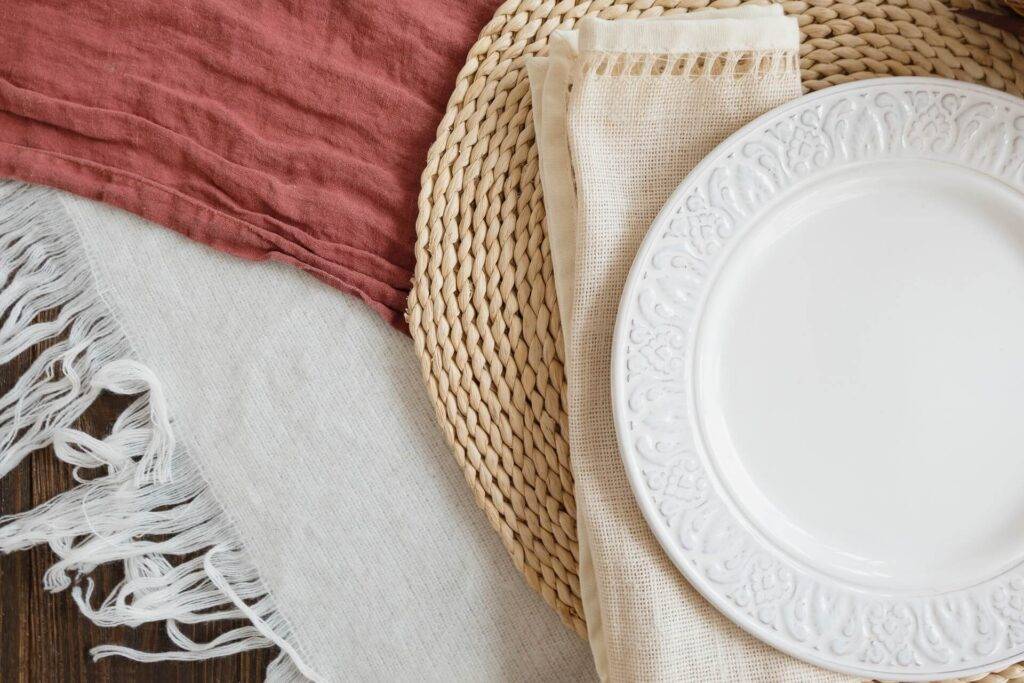
On the other hand
On the other hand, Grade B items may be slightly affordable given this section comprises slightly used clothes with noticeable damages. This could be the usual fabric tear or abrasion but still in good condition.
Of course, given the reduced quality, clothes in this category tend to be cheaper than the A-Class category.
Finally, Grade C clothes will be the lowest in quality and also the cheapest of all categories. Sometimes, they are not even resalable for profits because of multiple, visible tears.
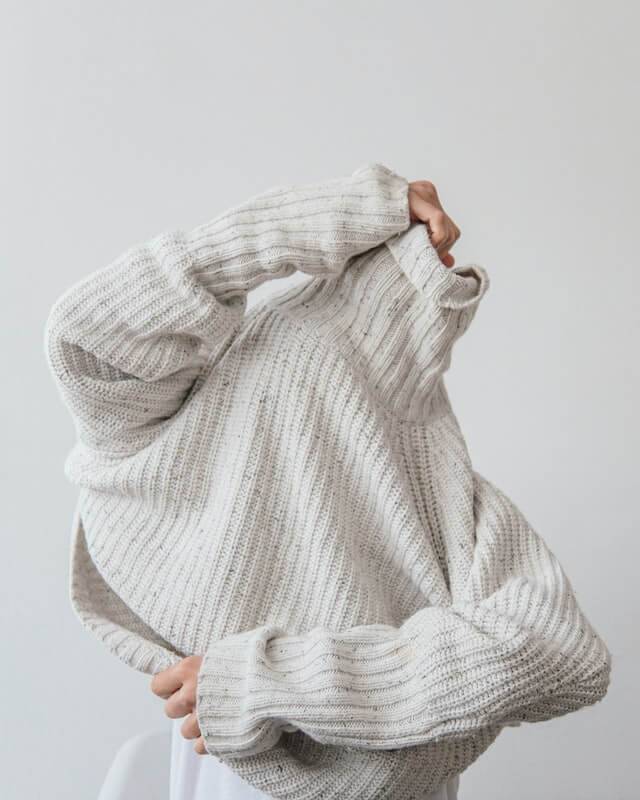
Grade A clothes are limited
The only reason to explain the high prices for A Class second hand clothes is the market demand. Usually, Grade A features clothes of higher quality and is quite limited given the huge market demand.
In other words, most of the clothes featured in this category will be hard to find despite the large market size. In this regard, most wholesale suppliers for children’s clothing,men’s clothing and women’s clothing will set the most reasonable prices for the existing markets.
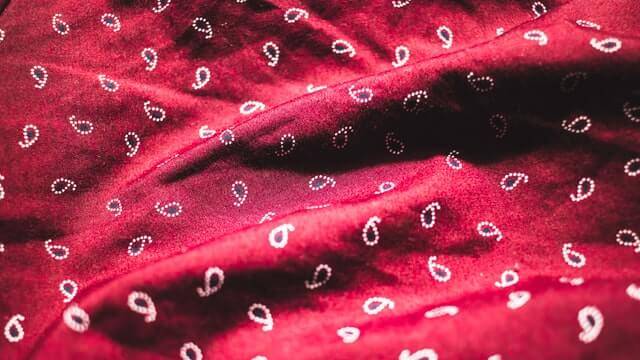
If you compare this category to most of the apparel in Grade B, you will realize a stark contrast in not just quality but availability.
Grade A second hand clothes are more expensive
Now, this should be pretty straightforward. Clothes in the A-Class or Grade A category will always be the most expensive. Remember, most of the items falling under Grade A will have the least tear, the least wear, but with much better quality.
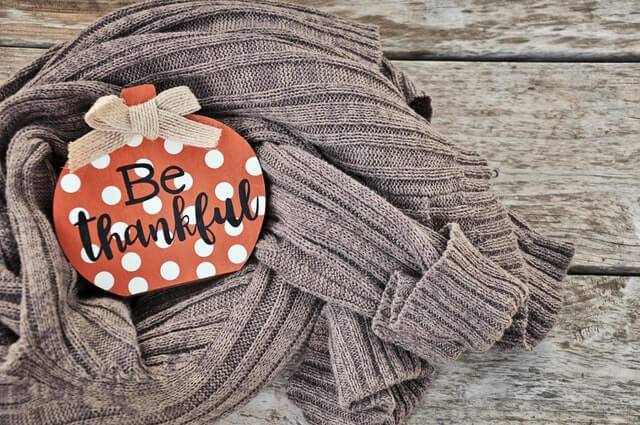
Most individuals who stock Grade A clothes in their stores will always make higher profits on used clothing. In the second hand clothing business, the consumers are always guided by quality when estimating the prices of their products. So, if it belongs to Grade A, it will cost more.
Brief Summary
Perhaps you will want to assess the relevance of second hand clothes in the modern market. But don’t forget the importance of quality. It is the only thing that separates Grade A clothes from the other categories in the used clothing market.
Every supplier will have their way of estimating or setting prices on their used clothing. And we can’t stress enough just how important it is to pay attention to quality when purchasing second hand clothes.
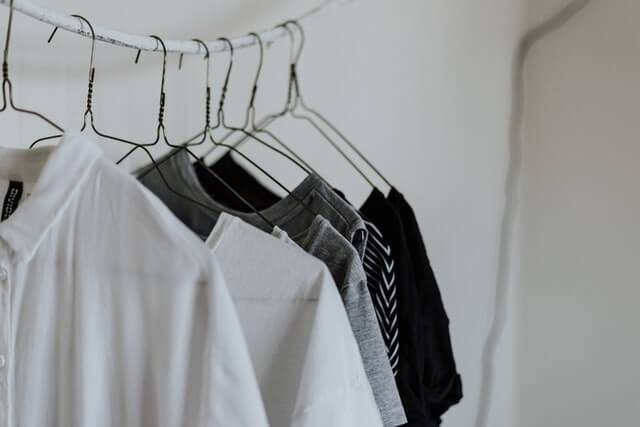
Just keep in mind that at any given time, the prices of these items will depend on the specific Grade of clothes you’re willing to invest in. Grade A clothes will always cost more because of their high quality and a large market base but limited supply.
Final Thoughts the Prices of Second Hand Clothes
As you can see, the second hand clothing sector is a thriving sector with guaranteed profits if you get it right from the word go. Pricing is never the same for many products but this shouldn’t stop you from realizing your income goals if you work with a reliable preloved clothes supplier.
After reading this post, we hope you will now make informed decisions to help you stabilize your online clothing store. For beginners, it would be great to take the first steps in the used clothing business by working with trusted wholesale second hand clothing suppliers.



